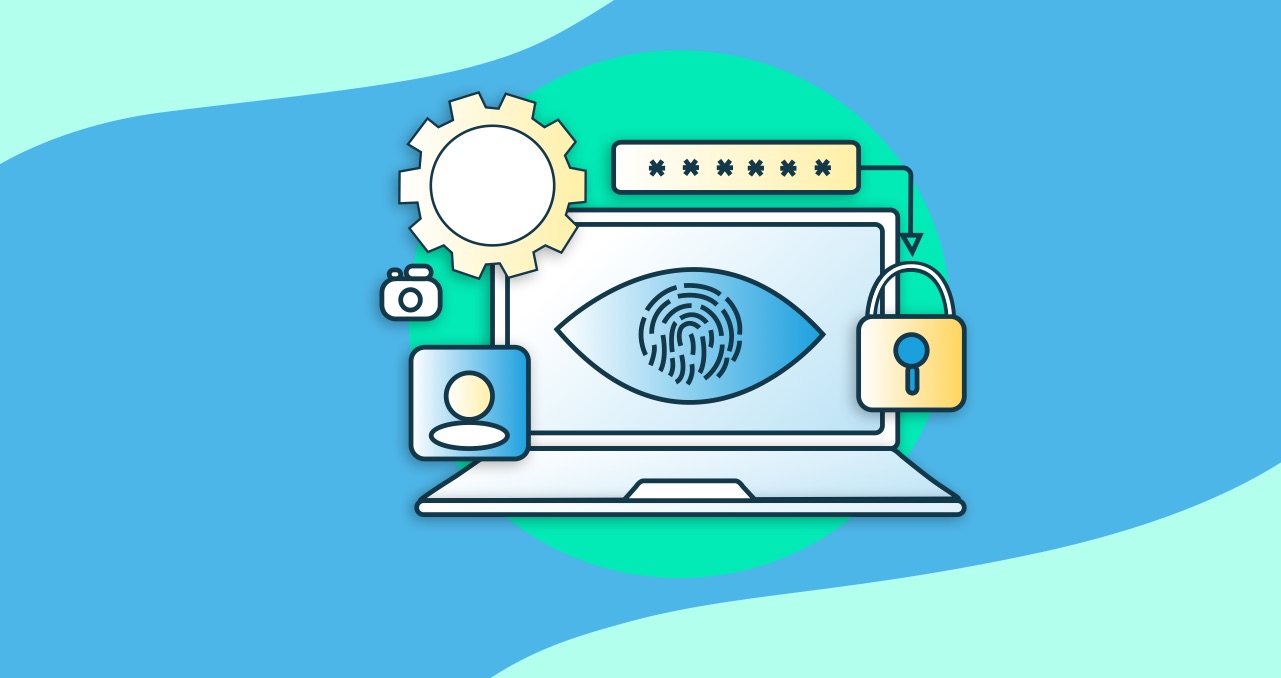Unique is the leading provider for GPT-based solutions for the financial service industry (FSI) in Switzerland. Working with FSI means stringent regulations around data and consumer protection and transparency of information. In this article, we want to dive deeper into the topic of asking for client consent when working with a GPT-based technology like Unique.
Unique has developed a solution that encompasses the recording, transcription, and analysis of conversations. When engaging in an online client conversation (e.g. via Zoom, Teams or any other comparable provider), you often want to record the meeting in order to focus on the client interaction (not miss any important points, you can automatically generate a summary of the meeting or a personalized email after the call) rather than taking notes.
To ensure legality and respect for personal rights, obtaining the consent of all participants involved in the conversation is paramount according to Swiss (Art. 28 ZGB) and European law (article 7 GDPR).
Unique offers two primary methods for securing this consent:
Dedicated Consent Page
Users are directed to a specific page where they must input their name and actively give their consent. This solution has specifically been developed by Unique in collaboration with leading FSI clients. It comes with the advantage of having a written approval of all participants and every meeting which means a high level of compliance by offering a fully auditable process.
Verbal Consent
Consent can also be obtained verbally during the conversation, with the act of securing consent itself being recorded. In certain client situations asking for written consent before the meeting is not feasible (e.g. cold calls, spontaneous client meeting) and hence, a second option for asking for consent has been developed by Unique together with a leading tech lawyer in Switzerland. It is also legally allowed to start recording the online meeting right away and ask for consent while the recording is ongoing; in this way, consent is also recorded and can be traced afterwards (e.g. for compliance reasons). If one or more participants do not consent, the Unique solution does recognize automatically, stops the recoding and deletes the record snippet.
Legal Implications of Recording
Recording phone calls or video conferences can potentially violate personal rights as per Art. 28 ZGB or Article 7 GDPR. Such actions could lead to legal consequences. However, there are exceptions. For instant, no consent is necessary if the recording is made in business transactions to document orders, assignments, or similar business events, e.g., to document orders in securities trading.
Essentials of Valid Consent
For consent to be deemed valid, it must meet specific criteria:
Adequate Information
Participants must be fully aware that they are giving consent for their conversation or video conference to be recorded. To ensure this, they should be informed about the purpose of the recording. A recommended phrase for the Unique setup might be: "This conversation is being recorded for quality assurance." This statement should be accurate and comprehensive, leaving no room for unexpected or disadvantageous implications.
Voluntariness
The consent should be given out of free will. If a participant feels compelled to participate in a recorded conversation without an alternative, the consent is not valid. In such cases, it's best to offer other communication channels, like email, that would be convenient for the participant.
Data Protection Considerations
Participants should be informed about various data protection aspects:
Data Sharing
They should know if their data will be shared with service providers, third parties, or sent overseas. This information can be provided through easily accessible online resources, like a link to Unique's privacy policy or Data Processing Agreement (DPA).
Data Protection Declaration
If someone is being called (and isn't the initiator of the call), a brief recorded message informing them about the data protection policy is sufficient.
Confidentiality and Special Secrets
For Unique customers bound by specific confidentiality clauses (like bank customer confidentiality), there might be a need to obtain additional consent for revealing confidential data. In such scenarios, the pre-consent information should be enhanced accordingly.



